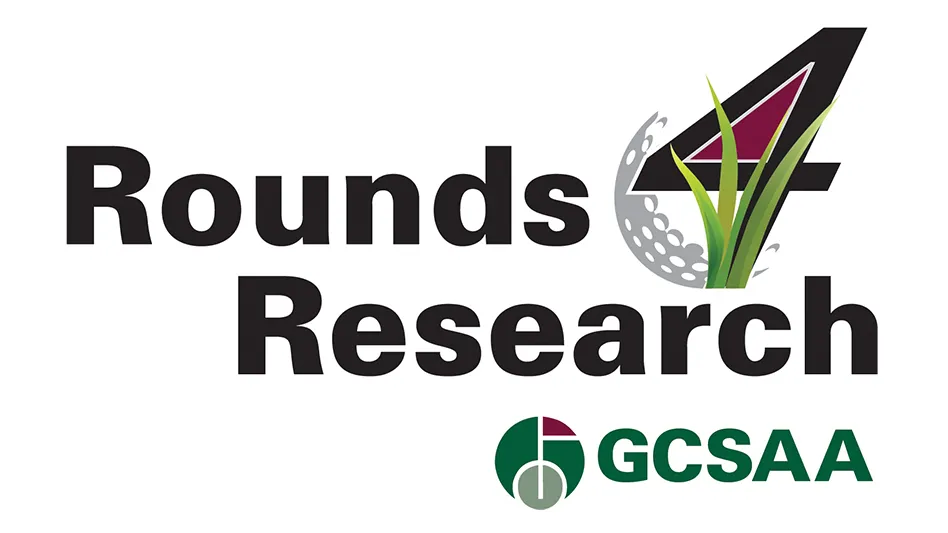
In “Getting Things Done: The Art of Stress-free Productivity,” author David Allen doesn’t waste any time getting to the point of his business bestseller. He lays it out right there on the first page: “It’s possible for a person to have an overwhelming number of things to do and still function productively and with a clear head and a positive sense of relaxed control.”
That’s the kind of bold titillation that will get superintendents and club managers to turn the page. If we only had time to read the book, right? Contrary to what many have convinced themselves of, Allen asserts, a lack of time is not the major issue when it comes to getting things done and reducing stress. “The real problem is a lack of clarity about what a project really is, and what associated next-action steps are required.”
So how do we achieve the kind of clarity that brings a myriad of projects under control efficiently and restores balance to our lives? The man who has been called one of the world’s foremost thinkers on productivity and who has consulted with some of the world’s leading companies says it boils down to planning. “In my experience,” Allen writes, “when people do more planning, informally and naturally, they relieve a great deal of stress and obtain better results.”
As the new year gets underway, now is a good time to consider your approach. If you want better results in 2024, planning better and better plans are a good start.
Skilled planners are defined by their ability to accurately set strategic goals and objectives, breaking work into cost-effective process steps, developing tasks and schedules for the people executing the tasks, anticipating and adjusting for problems and roadblocks, and measuring and managing results. Pretty simple, right?
On the other hand, unskilled managers are the ones whose trouser legs are on fire from stomping out unexpected wildfires and problems. Those who are most likely to reach more of their goals and weather the inevitable ups and downs of 2024 have plans in place for four important needs:
- Facility. National Golf Foundation research points to continued growth and popularity for golf in its various forms this year. Other than localized effects of weather, we should plan for a steady year of meeting and exceeding facility requirements, which include:
- Thoughtful agronomic planning that addresses the course’s cultural needs.
- Comprehensive review and budgeting for capital maintenance to keep the course in top condition.
- People. Golfers’ expectations are as high as their utilization of golf facilities. The broad and popular exposure of the game has informed most golfers of the excellent turf conditions that are possible.
- Supply chain. While supply inventories have improved significantly, turf professionals must anticipate volatility and uncertainty in procuring critical supplies and materials.
- Other stakeholders. The needs and interests of first-time players, youth and those returning to the game, as well as community leaders, must be addressed. What can you teach them about the course and its surroundings? What do health organizations and municipalities need to know about your environmental practices and use of fertilizers and pesticides to be confident your course is a conscientious steward of the land it occupies? The answer lies in more effective communications.
Budget planning will continue to focus on the Big Three:
- Labor. Recruiting and retaining your team of workers will continue to be challenging in the new year. With labor costs now well above 60 percent of the normal golf course maintenance budget, labor will attract attention from general managers, owners and board members. The only factor that will be more concerning to these groups is staffing inadequacy that renders the superintendent ineffective.
- Petroleum-related expenses. While oil costs have moderated, the world is one step away from another oil crisis. How will you react if history repeats itself?
- Chemicals. The supply of basic chemicals is at risk for either availability or price increases … and possibly both.
It must also be said that some highly diligent and effective managers can hold on too tight. Overusing your planning skills can result in rigidity and the inability to adjust when the almost-certain-to-change market changes.
It appears that 2024 will be a good year for most golf and turf managers with some twists and turns to be expected. Those whose goals include more checks on their to-do lists, along with more restful nights, might keep Yogi Berra’s sage advice in mind: “If you don’t know where you’re going, you’ll end up someplace else.”
Said another way, plan for a productive and stress-free 2024 and it might just happen.

Explore the January 2024 Issue
Check out more from this issue and find you next story to read.





